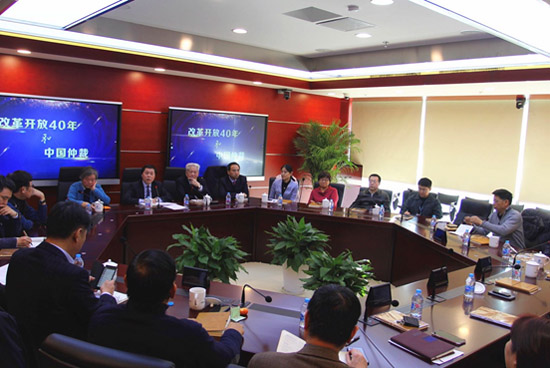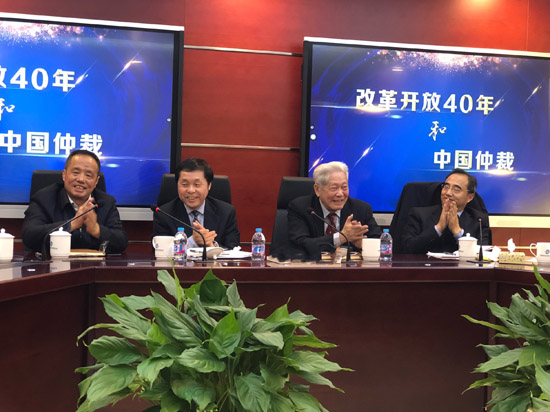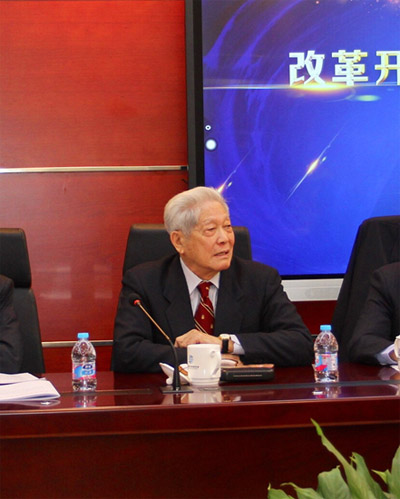- About Us
- News Center
- Rules & Guidelines
- Commercial Arbitration
- Arbitrators
- ADR-Service
- Key Events
-
Talent Development
Talent Development
CIETAC CUPFrankfurt Investment Arbitration Moot Court - CIETAC Chinese (Mainland) National RoundChina Youth Arbitration Forum and the “Zhonglun Cup” National Commercial Arbitration Essay ContestCooperation with UniversitiesCIETAC International Arbitration InstituteTraining of Foreign-Related Legal TalentCIETAC Internship Opportunity - Research and References
















